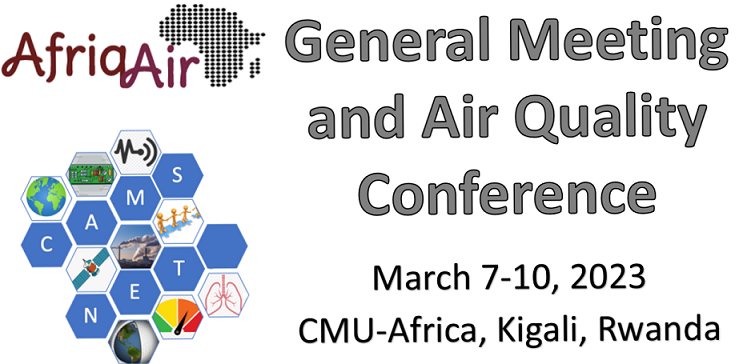Speaker
Description
Air pollution is currently the second leading health risk factor for deaths in Africa contributing to millions of premature deaths. Major sources of air pollution identified in Africa are vehicular emissions, slash-and-burn agricultural practices, poor waste management practices, wind-blown dust, industrial emissions and dirty energy sources used in fuel-poor homes for cooking and heating. The current research trends have shown that household air pollution is a major contributor to more than half of premature deaths reported in Africa.
Despite these devastating findings, public knowledge of air pollution and related health impacts is very limited in these environments. This is potentially linked to sporadic air quality monitoring capabilities and the huge limitation of meaningful communication of reported air quality data from local environmental regulatory agencies.
Citizen science has the potential to bridge scientific gaps specifically in environments with limited expertise and tools for advancing scientific research. Participatory research involving interested community members can support capacity development in specific scientific fields and contribute to advancing awareness creation and highlight critical areas of severe gaps for knowledge development in science. In the case of air quality monitoring, citizen science has the potential to revolutionize air quality campaigns if this is linked to capacity building targeted at air pollution science research and mitigation.
In Africa, low-cost sensors (LCS) for air quality monitoring are rapidly expanding. This has the potential to shift the paradigm regarding air quality monitoring, meaningful data communication, and air pollution mitigation.
In this piece, critical consideration has been given to the usefulness of participatory science to deploy, manage and supervise LCS and the subsequent meaningful communication of the reported data. It was found that accessible, reliable, near-real-time air quality data via the open-source platform Yakokoe can promote public knowledge of air pollution in Ghana and similar environments. The results indicate that these approaches can influence behavioural changes if linked to air pollution control and management through extensive public engagement, education and empowerment.
